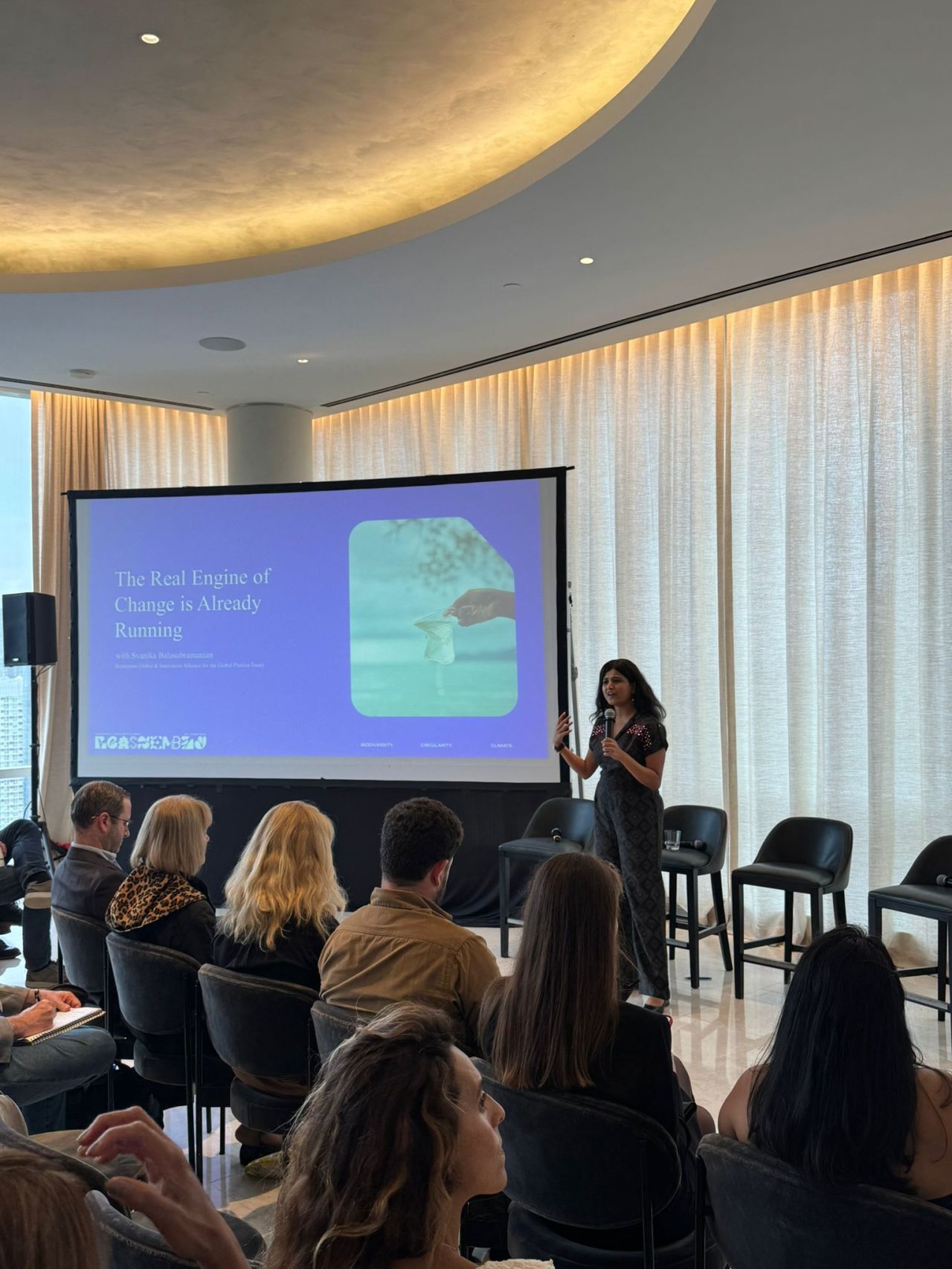Extended Producer Responsibility (EPR) regulations are reshaping how Consumer Packaged Goods (CPG) companies handle packaging waste. If you're a sustainability manager, compliance manager, or brand manager at a small to mid-sized CPG company, you may be wondering: What are the risks of ignoring EPR compliance? The consequences go far beyond regulatory fines and can impact your business in ways you might not expect.
The Consequences of Non-Compliance
1. Hefty Fines and Legal Penalties
EPR laws require businesses to pay fees, report packaging materials, and meet specific sustainability targets. Failure to comply can result in significant fines, legal action, and even restrictions on product sales. States like California, Maine, Oregon, and Colorado have implemented strict penalties for non-compliance, and other states are following suit.
2. Market Access Restrictions
Many EPR laws include provisions that prohibit non-compliant companies from selling products within regulated states. This means failing to meet EPR requirements could result in losing access to key markets, significantly impacting revenue and market share.
3. Reputational Damage and Loss of Consumer Trust
Consumers and retailers are increasingly prioritizing sustainability. Non-compliance with EPR laws can lead to negative media coverage, consumer backlash, and a loss of brand loyalty. Companies that ignore environmental responsibilities risk falling behind competitors that embrace sustainability.
4. Increased Operational Costs in the Long Run
While it may seem cost-effective to avoid compliance in the short term, non-compliance often leads to higher costs in the future. Emergency compliance measures, legal fees, and loss of business can be far more expensive than proactively integrating EPR into your operations.
5. Investor and Retailer Scrutiny
Investors and major retailers are increasingly requiring suppliers to adhere to sustainability standards. Non-compliant brands may face difficulty securing investments or maintaining partnerships with major retailers that have sustainability commitments.
How to Avoid These Risks
1. Get Ahead of Compliance Deadlines
Monitor regulatory timelines and ensure your company is registered, reporting correctly, and meeting all EPR obligations.
2. Audit Your Packaging and Supply Chain
Assess your packaging materials and waste footprint. Consider transitioning to more recyclable, reusable, or compostable packaging to reduce compliance costs.
3. Collaborate with Industry Organizations
Many brands are partnering with Producer Responsibility Organizations (PROs) to navigate compliance and share best practices.
4. Implement Strong Data Tracking Systems
EPR regulations require detailed reporting. Ensure you have a system in place to track packaging materials and submit accurate reports.
The Bottom Line: Compliance Is a Business Imperative
Ignoring EPR regulations isn’t just about avoiding fines—it’s about protecting your brand, securing market access, and positioning your company for long-term success. Proactively complying with EPR laws now can help future-proof your business and establish your brand as a leader in sustainability.
Need Help Navigating EPR Compliance?
rePurpose Global’s Packaging Platform was developed in collaboration with regulators and industry experts to help you understand your waste and climate footprint better, and get you compliance ready. You can book a call to learn more here.
The EPR compliance hub from rePurpose Global can automate in 1-click what would otherwise take you over 3 months of manual effort. It quickly compiles CAA reports, estimates fees and tax liabilities, and keeps you updated with emerging regulations, including Labeling laws, PCR mandates, and 90+ Packaging Regulations in North America. With Oregon's reporting deadline on March 31st, immediate action is crucial to avoid financial penalties.
Reach out to us for a stress-free, reliable solution.


.jpg)
.avif)
.avif)







